On the course about multiculturalism we were a colourful company of participants: six Finnish, two Latvian, one German and one Slovenian.
Already before the start of the course on the location we've had to introduce ourselves with the meaning of our name and our traditional food:
My name comes from Greek and it means honey, a bee. There is no special story behind my name. The name Melita is not very common in our country, but one can find it in all generations.
Our family name comes from the father's side of the family.
And the link for our web introduction, also from the other participants:
https://padlet.com/rita100/2dg7ckk5ynt4
Day 1:
We were introduced to the course, we’ve got information about the geology of these islands, their geography, history. Our classroom has had a marvellous view.
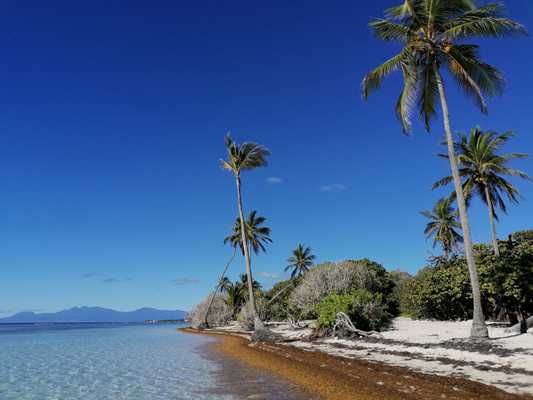
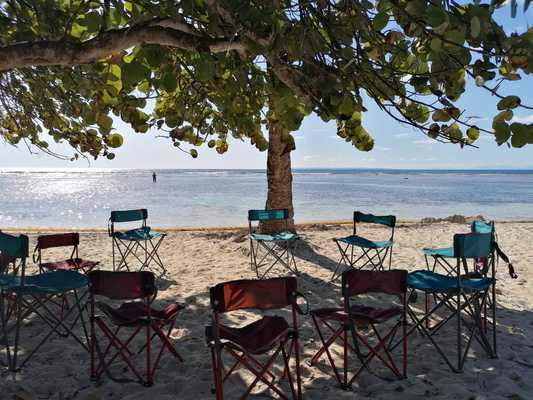
We were introduced to the culture of Creole, their history, their features, the living, the slavery, colonization and nowadays life.
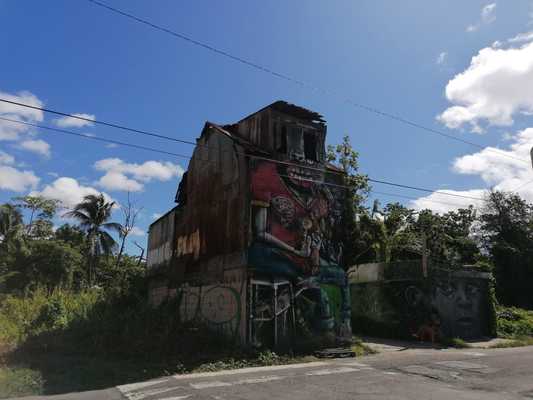
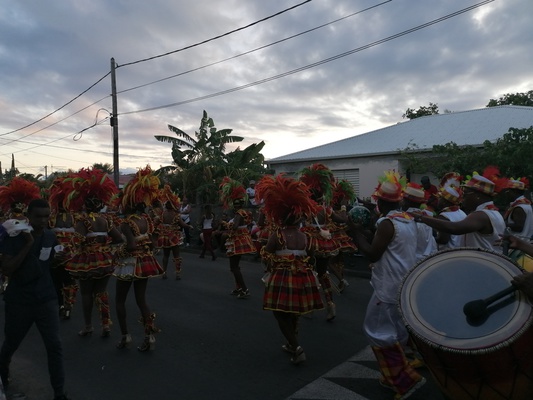
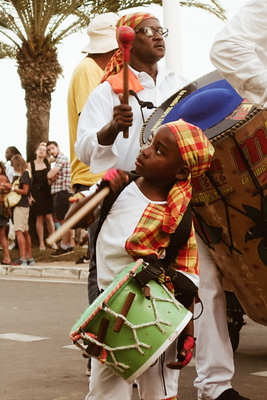
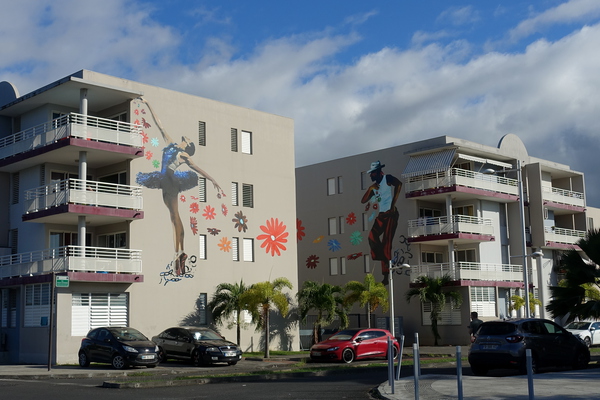
We were debating about the personal identity, how one defines it and how it defines one. And wider, personal identities influence family identities, national identities…
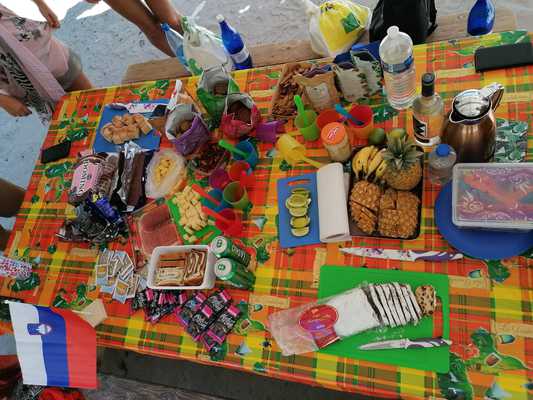
Each of us brought and introduced some traditional food or drink. The introductions of the traditional food, from other countries, too:
https://padlet.com/rita100/352eda9sqx3c
Because we are in a French speaking country we’ve had also a fast course on French language.
I can not forget the information, that slavery was here until 1969. And the size of whips... Such a great nature, but how can we people be terrible to one another. And the information that all inhabitants were because of Europians who thought they had to conquer all the world... I am sorry to write about that, but it really touched me. And when I am walking along the streets here, and compare the cottage they are living in with a car, parked in front of it, it doesn't go together in my head...
Topics, like identity today, reminds me, that my characteristics make me who I am and define me. But also the other way around, with my every day work, relationships, reactions etc. makes my characteristics. We forget sometimes about characteristics that defines us and it’s good to think about them, to work on them and with them and to be proud on them.
With my characteristics I influence each day on my family, friends, students, colleagues and when you add also their families the impact is unimaginably huge.
I found out that I can do also a bit really basic poetry, because I actually managed to put the sentences about how my name tastes, feels, which colour it is and how it sounds together. And at the end I found out that I did good, the descriptions suited my personality.
The quote of the day: What I say in my classroom this year has an impact on 18*3*4 at least... I have such an influence it scares me a bit...
All our reflections of the first day:
https://padlet.com/rita100/dehc4a7s8snn
Day 2:
In a Memorial ACTe I got much deeper insight into slavery. Each time when I thought before about it, it seemed to me as a happening in a very distant past. But unfortunately it is still happening today. Many people, who have power and see wellbeing only of themselves and see their world as a centre of Earth, can use this power quickly for purposes that control other people or even finish their freedom.
That is why we have to get at least some insight to different cultures, to be put in a culture where we don't feel comfortable, where we aren't a majority. Only after that we can start seeing the world with a different eyes, from different perspectives.
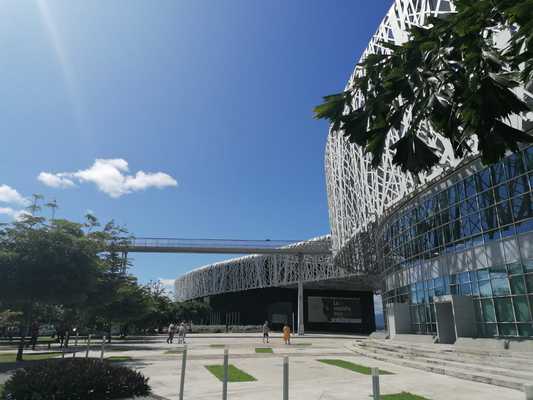
And maybe because of that, because of our beliefs, because of our examples, we, who have such a huge impact each day, will raise at least one person who will be changing the world to a better place.
The quote of the day isn't short... I liked the double meaning of the roof of the Memorial: it means the roots of a plant, which undermined the foundation of the colonialist's houses and it's intertwinedness means the characteristics of different cultures the newcomers on Guadeloupe belonged to and how they mixed together into a new rich culture.
The reflections of the second day:
https://padlet.com/rita100/jws77us0t6c1
Day 3:
It feels great writing a reflection along the rhythms of gwo ka down on the street, hearing it with a little more knowledge as before.
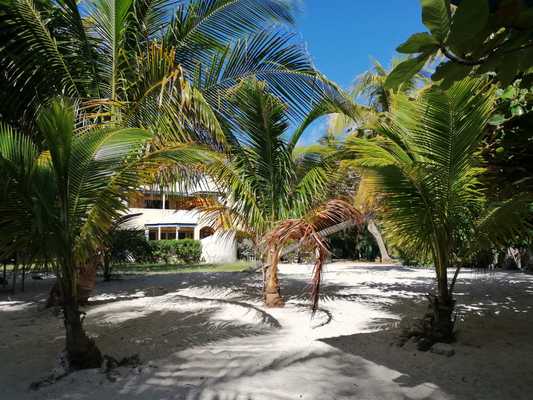
At first we were debating about five dimensions of multiculturalism in the school by Banks: content integration, knowledge construction, equity pedagogy, prejudice reduction and empowering school culture and social structure. We all should be aware that there is no superior culture, we have to respect all and every, to learn from each and about each. If we want to change for better, we have to know, to care and to act, which is my quote of the day.
We have had an insight into Guadeloupe culture also through Gwo ka. The two words mean music, drum, song and dance.
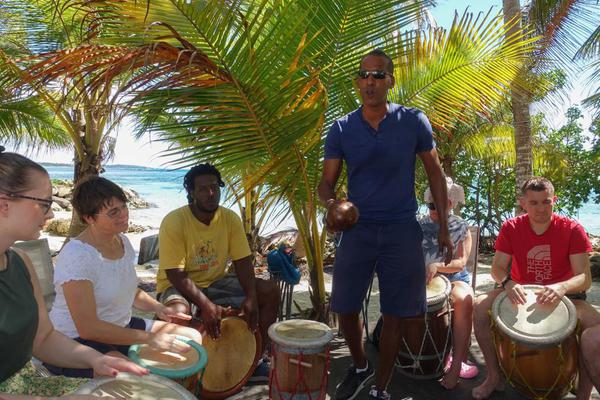
Gwo ka isn't meant to be only listened to, but to participate, to take your drum and play it, to sing along with the singer or to dance with the rhythm. There is also a very social aspect in playing drums in a group of many. If you lose a rhythm, there are other that are still playing correctly. So if you fall out of it, you just come back in and play like before. It's like in life, if you have people around you, they will help you to get back into the right rhythm.
Gwo ka has seven basic rhythms which are influenced by the everyday lifestyle.
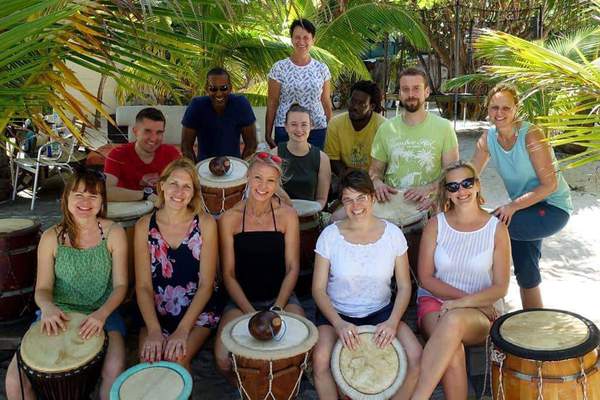
When we were learning or better repeating the lyrics after William, I was reminded how hard it is to learn and remember something you don't understand. We often do something like that with our students. I have to change my way teaching into a process of learning how to learn.
I enjoyed playing gwo ka drum, because I really enjoy playing with different rhythms and I hope I will be able to teach my students at least one rhythm. Each time when we have music and we are doing different rhythms they are really enjoying, so it feels almost obligatory to share some of my feelings with them.
The reflections of the third day:
https://padlet.com/rita100/2gxpj1z335ne
Day 4:
Think globally, act locally.
We often hear in Slovenia a saying: Think globally, eat locally. Through the discussion about the Global citizenship I started to think about this moto as not just another saying but about a true meaning. Why does it really matter to live by this motto? If we eat local food, that means we help local farmers, we support their families, they will continue growing the food. Because it is grown near, there isn't any long expensive transport. Because of that there is less pollution and we preserve nature, air etc... But the local food, because it is healthier, is usually more expensive and we must decide what are our priorities.
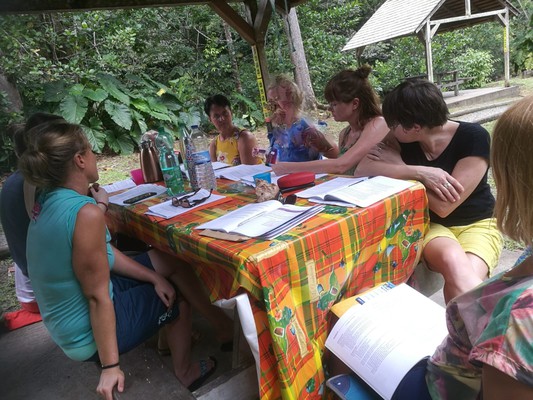
And it's true, that all people don't have the choice to choose, because of their economic status. That means that people who have the option to choose, whether buy local or transported, should be more responsible at their decisions.
To think globally and act locally we need skills and knowledge. That is why our role as educators is important. We have to prepare our students for Global citizenship. Through to process of education they should develop skills as self-awareness, empathy, conflict resolution, creative and critical thinking, communicating, collaborating and taking action. With that skills they will have a Global Citizenship outlook: they'll have a positive sense of identity, they will be open to new ideas, they will have a sense of interdependence, a desire to make a difference, they will be committed to rights, responsibilities, justice and sustainability.
That is why we educators have to know, to care and to act now.
It's not the point, what can we expect from life, but what life expects from us. (Viktor Frankl, who survived holocaust in Auschwitz)
The reflections of the fourth day:
https://padlet.com/rita100/jfhbympzj0xh
Local market and exercising French helps to feel the culture deeper.
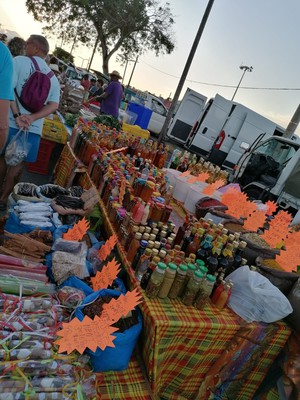
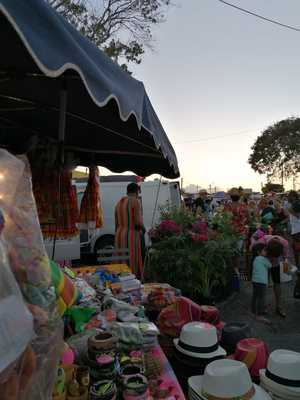
Day 5:
The students need to know their own country, their own culture, habits etc. But along with that, goes the openness to other cultures, countries, foreign people. When they/we see different habits and culture, we only become aware of our own. Because our own comes for granted, as something we are used to and usually we don't pay enough attention to our own culture. When we are open to other culture, we can compare it with ours and start noticing things, we didn't notice or know before. That is one of the benefits of internationalisation.
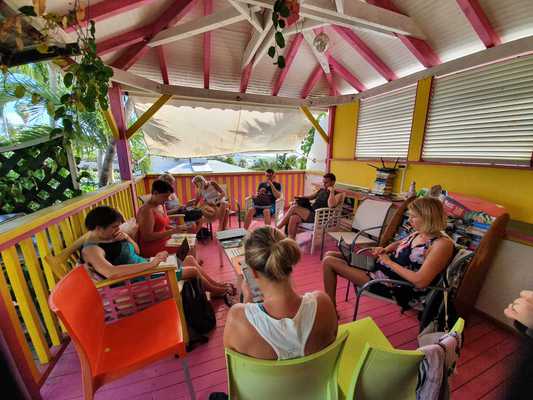
We have a very useful tool eTwinning to find our international partners and Twinspace, which we already use for dissemination of the project and I am really proud on my colleagues and me for that. I hope that both tools will become more user friendly with time.
We also did a quick review of our school's international work and all of us here are doing already a lot. And we will do even better and more, because of all the shared ideas and we have to be proud of our work, effort and ourselves. It’s a shame that we don’t know enough about our school colleagues work, so I decided to put a review template on google documents to share it with my colleagues, so everyone can add one’s own work and we will have it in one document. Because there is a lot going on and we have only to put it together in one document.
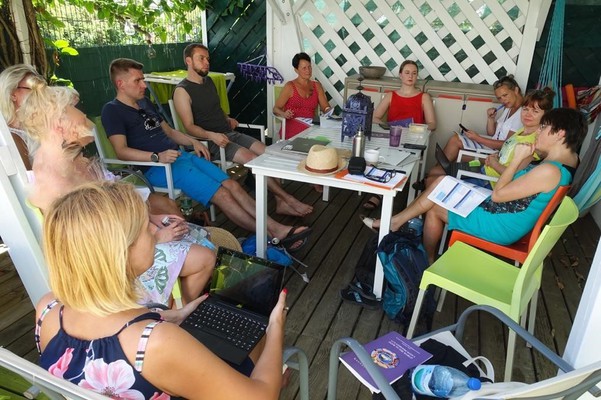
My quote of the day: I would like a donut / krof / donitsi / virtulis / spurga / krapfen / beignets! I hope I'll get at least two...
The reflections of the fifth day:
https://padlet.com/rita100/5k4a3149hnaq
Day 6:
The school benefits with an international policy foundation for internationalisation of the institution. With the internationalisation of the curriculum it has a foundation to educate students who will be global citizens with critical awareness, will be able to communicate and cooperate, who will feel responsibility towards equity, social justice and sustainability.
With that policy we also have a foundation for our European development plan in the next Erasmus+ application.
And along with a review of our international work a lot of work will be done and we will have all the information gathered in one document, what our school can offer for job shadowings we already specified, for workshops and maybe we can even apply on Schooleducationgateway portal as a school that offers job shadowings to the others.
An idea we could absolutely use: As far as we have quite a lot of migrants, all of the school staff and students could learn some words in their mother tongues. For instance, we could be saying good morning for one week in one language and then in another and so on.
I think that an elf took my quote of the day somewhere… I searched for it all across Grand Terre and also on the Plage de la Porte d’Enfer…
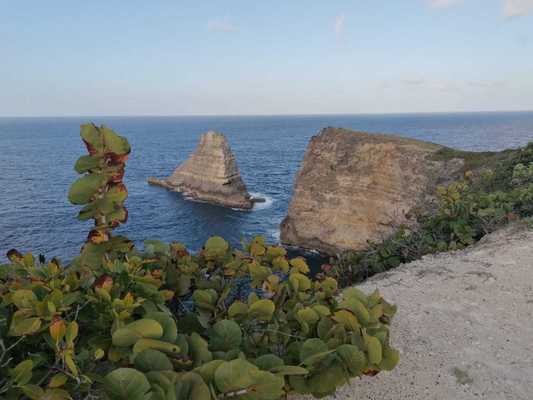
The reflections of the sixth day:
https://padlet.com/rita100/5wr63c0cctkb
Day 7:
Exploring the rainforest was a great experience.
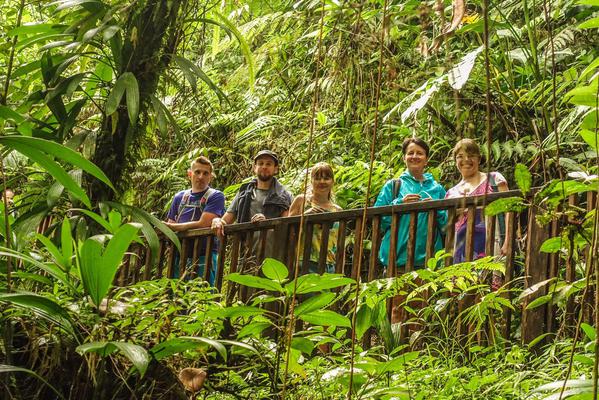
Seeing, hearing, smelling, touching the plants, the waterfalls, the path, the birds was really great.
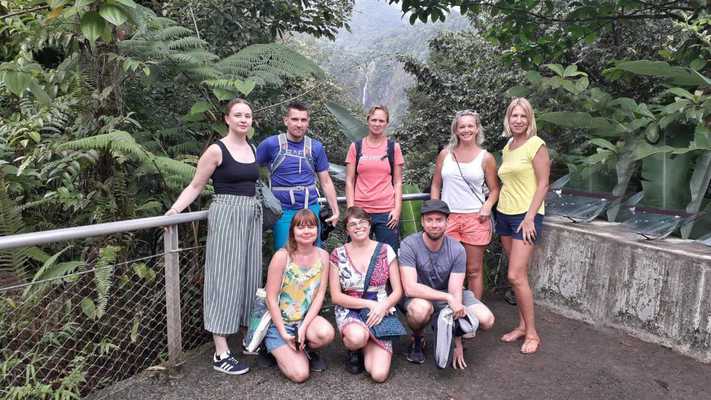
If we would have a chance to add the fifth sense would be perfect. There wasn’t a chance to taste it, but tasting manioc cassava was almost as special as something from rainforest.
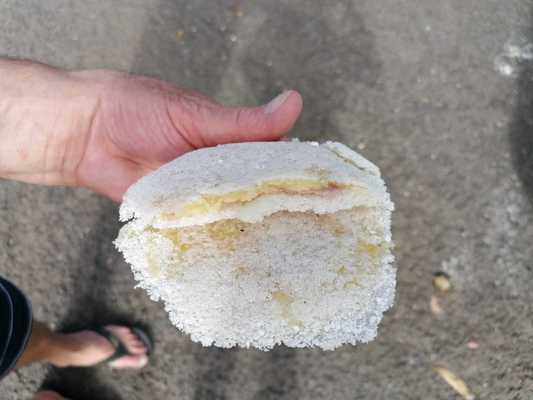
Here, on Guadeloupe, are so many things I have never seen, heard, tasted, smelled or touched before.
Walking through the rainforest was interesting, because I had to be directed on the task, finding the activities to develop social competences with my students.
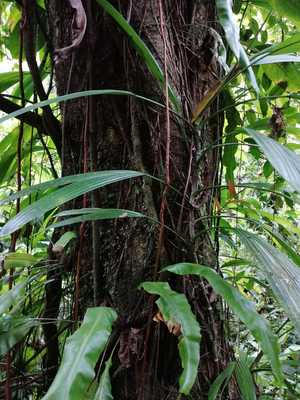
My quote of day: I can imagine a little bit easier the size of fern in times of dinosaurs.
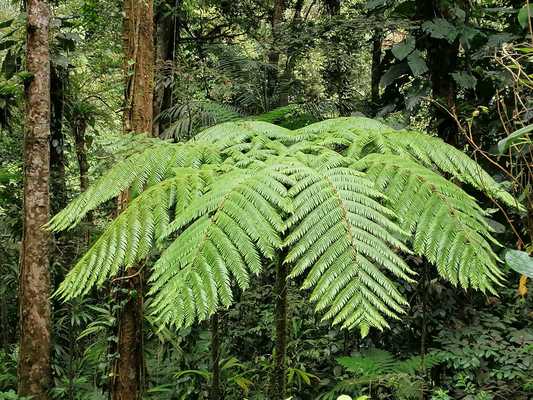
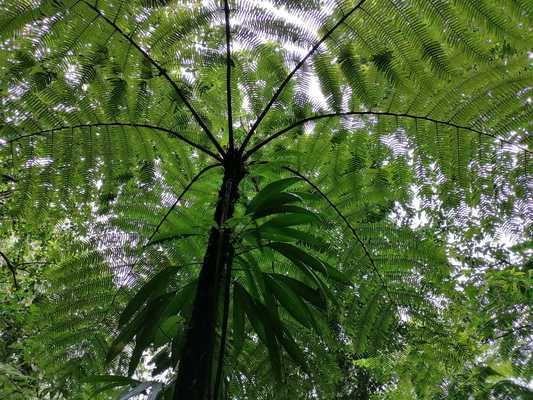
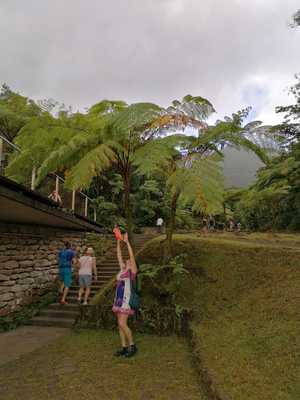
The reflections of the seventh day:
https://padlet.com/rita100/pfoje3zfendy
Day 8:
With one topic we can do activities to develop all competences our students as global citizens should have. Our topic was rainforest and we prepared the activities in it, but I am sure that we can use most of them on some other topic as well.
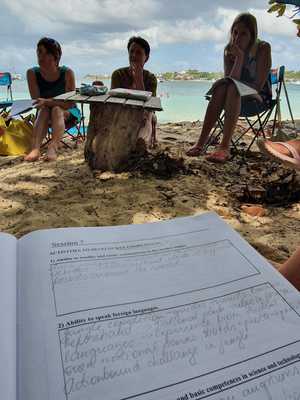
We did a very good job, because each of us did one’s homework really well. And now we all have most of the important issues for our next project. It’s good to give divide tasks between different people, because then they really try hard on their part of the job.
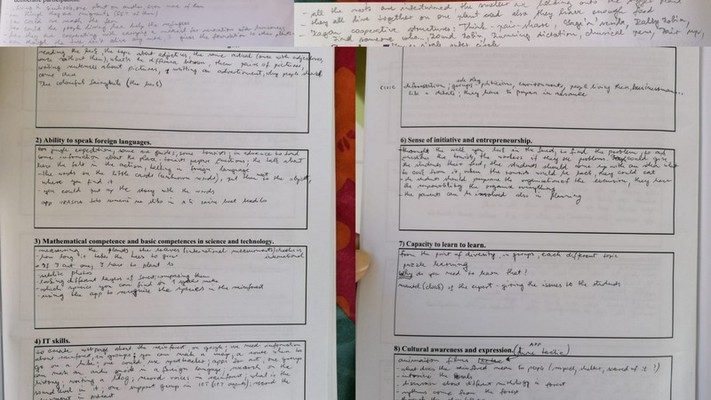
We are all good students because we learn how to learn. And I hope that my colleagues at school will also understand that these are the things that we are already doing, we just have to become aware of them, recognize them and connect them with internationalisation. I would very much like to carry the idea in my school, that all the work doesn’t need to be done between the four walls, that we can be very productive also outside of them. Sometimes maybe even more.
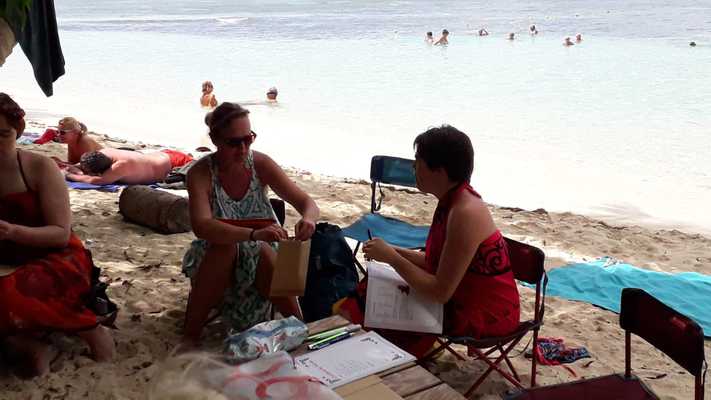
The quote: Always ask yourself, why are you doing something.
The reflections of the eighth day:
https://padlet.com/rita100/5bmz2knet7jd
Day 9:
When we are starting to plan a project, the coordinator is the first who has to know the reason why. He or she has to feel it, to be a success. In that way his/her colleagues will feel the connection also and will cooperate because of the coordinator’s passion.
We got some tips for the planning, for the activities, how to choose them, how many, how to perform them, how to include them in every day work in school. I am thinking about a KA2 project in a future with foreign languages.
Afterwards we were welcomed at Sylvia’s home and felt really flattered with that. Madam Sylvia invited perfect strangers into her home and prepared a delicious meal from local fish, meat, vegetable and fruit. With a delicious starter, accras de morue. I want to prepare them for my family at home and my colleagues: http://www.cookingwithmorgane.com/en/recipe/acras-cod-fish-fritters.html.
A humble home with great hospitality:
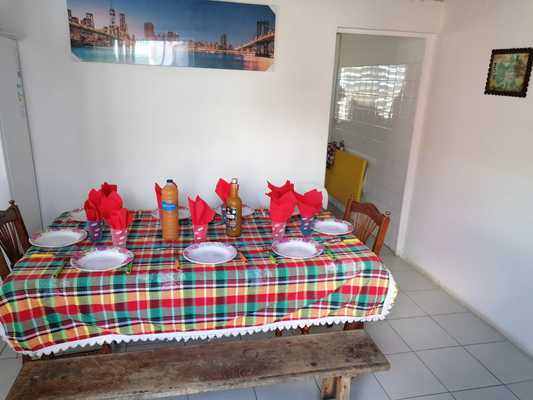
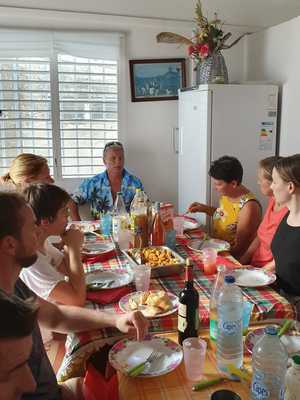
We also had a close insight into more nature of Guadeloupe: mangrove islands, corals and fish and unimaginably interesting sea stars. I felt really lucky to see a stingray!
Afterwards we’ve had much trouble not to get lost on a disappearing Ilet de Caret. It’s a sad example how people plan to do good, but madam Nature goes its own way.
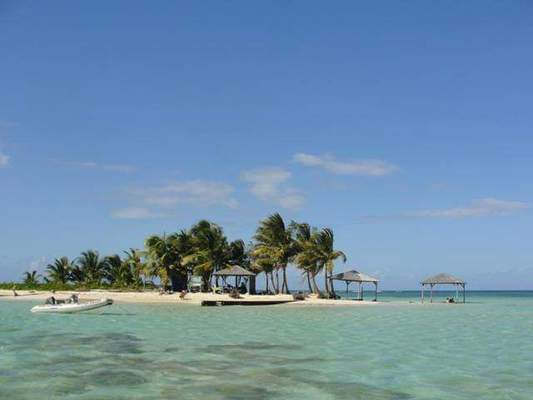
Ilet de Caret in 2012, now it's only half of it left.
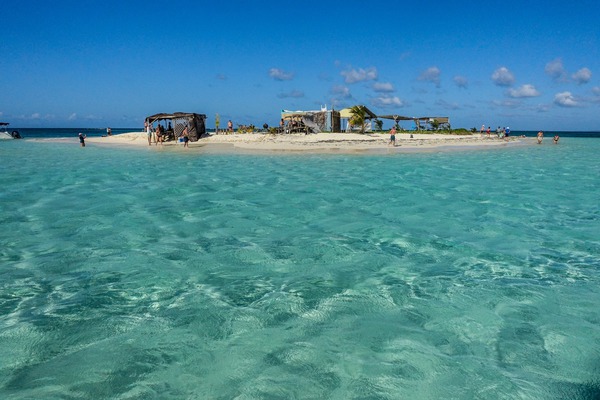
The quote of day: Don’t get lost! (on Ilet de Caret)
The reflections of the ninth day:
https://padlet.com/rita100/b1vurktp3e0
Day 10:
I find the course really professionally organized. The places for our sessions were really well chosen, because they give you energy and motivation to think, reconsider, to collect ideas, to find new connections, to find new ideas, to find reasons again, why do we do something in the classroom with the students, because with all our additional work, we forget sometimes, what is the purpose of our occupation. I want my students would find a challenge in learning, to be more aware of their identity, culture, to be proud on themselves, to be responsible global citizens. I need to be a good example of that, and that is what the course gave me.
The strength for me was having the sessions outside of the four walls, organized as workshops. I am strengthened after the course in awareness of my own culture, the importance of it, even though we were discovering foreign cultures. I think I will now more easily pass and defend with more confidence important issues to our school headmaster, why should we go on with the school internationalisation.
By taking this course I became more aware of my own identity, my own strengths, I feel the importance of my own culture, I got many ideas from Rita and other participants, how and why to go on with the internationalisation in our school. The surroundings filled me with positive energy for my future good work in educating young people.
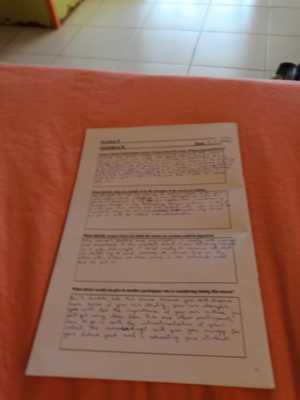
Standing with feet in the water we were awarded with certificates:
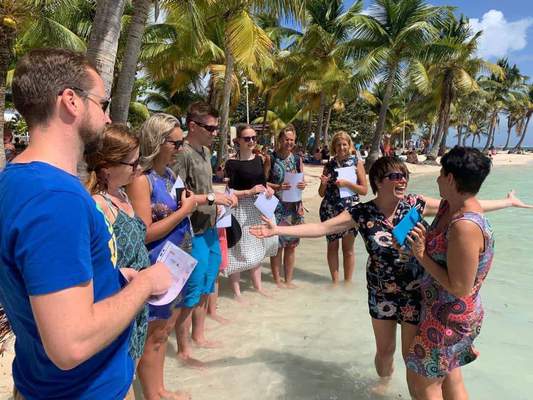
The reflections of the tenth day:
https://padlet.com/rita100/thj5my2bzr6e